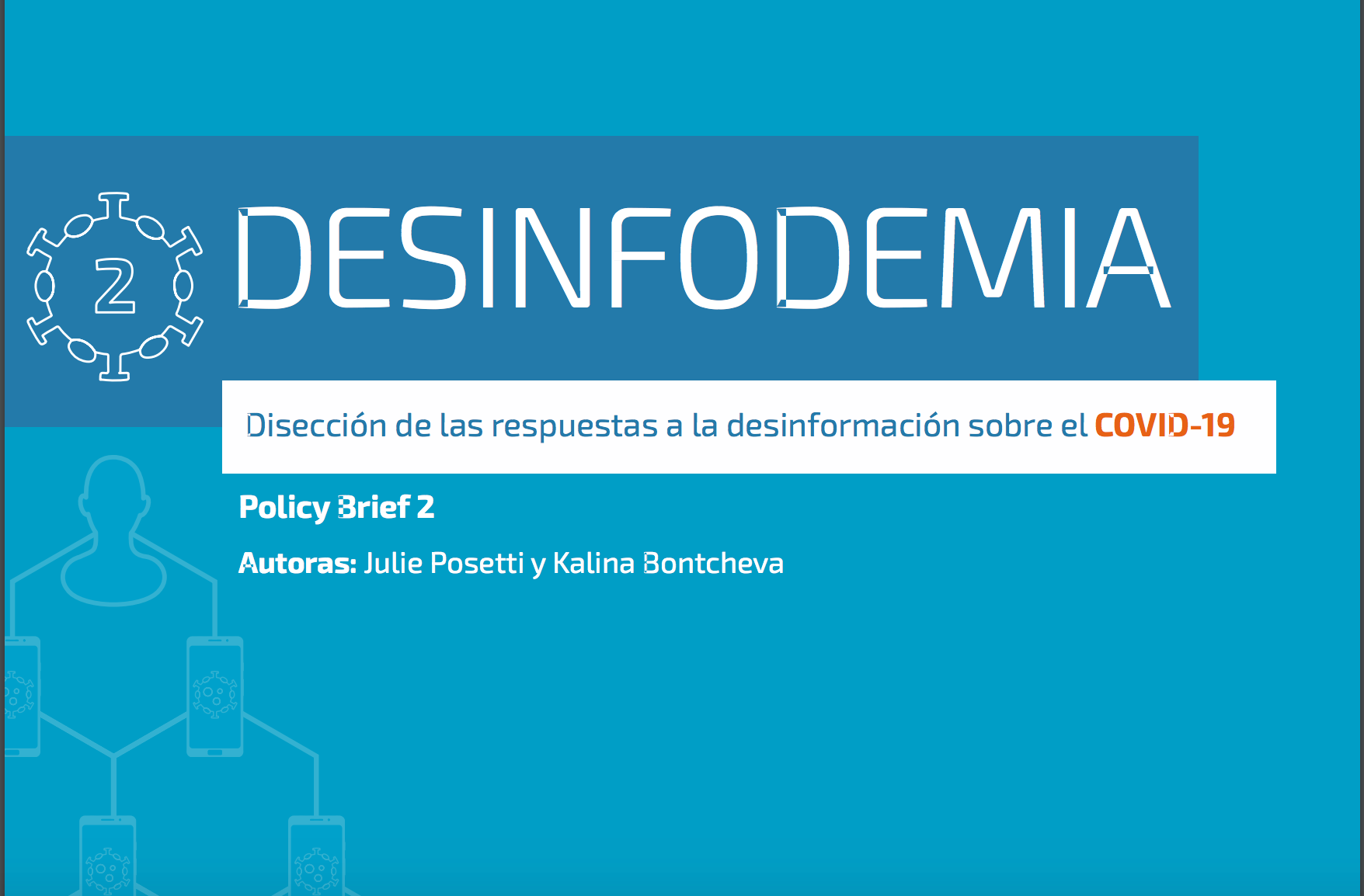
UNESCO published two policy reports in Spanish to understand and respond to the 'infodemic': the disinformation pandemic about COVID-19 that has circulated at a speed impossible to control.
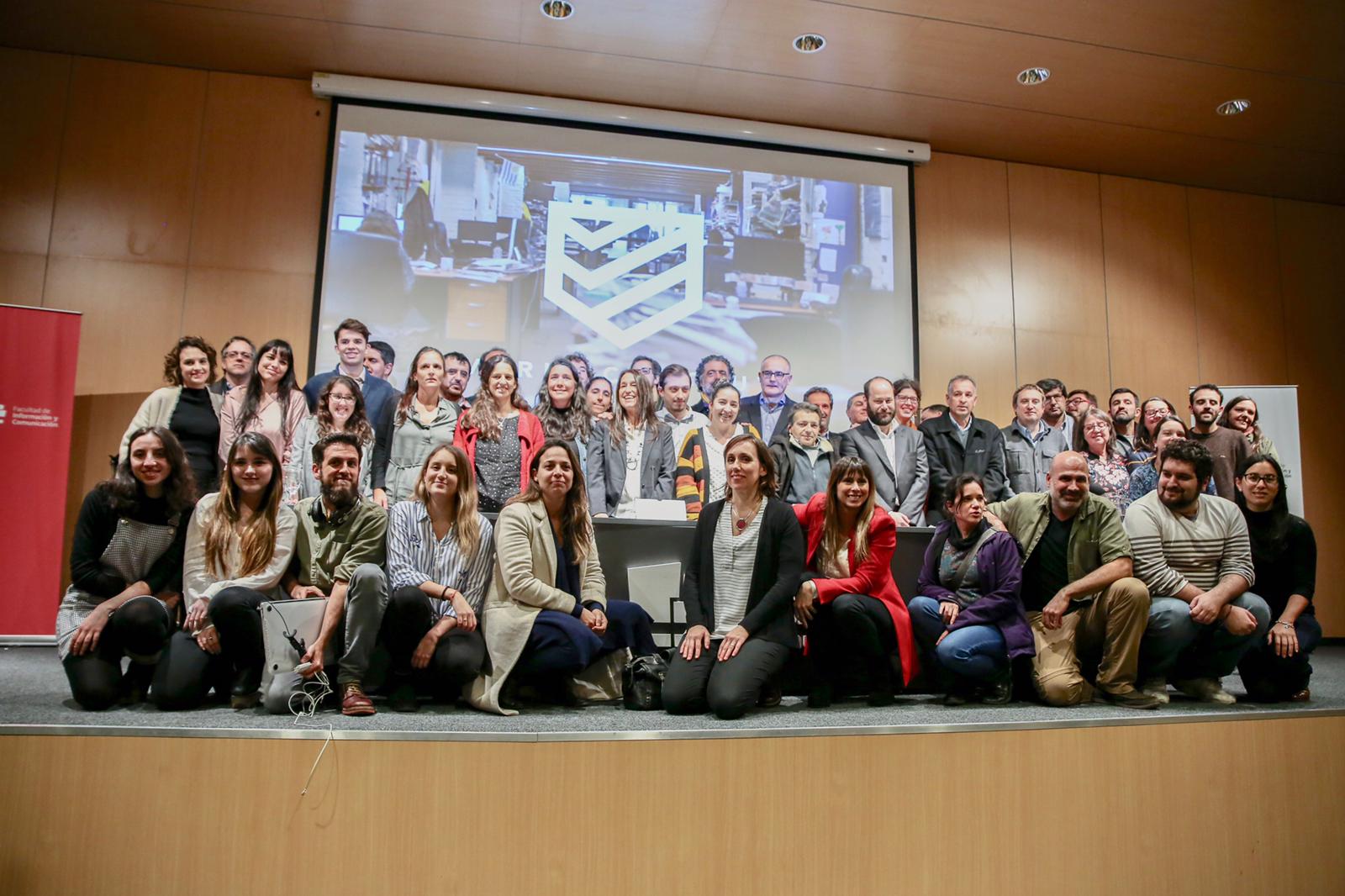
After a little more than eight months of preparation and arriving at agreements between organizations that support the new data verification initiative in the region, Uruguay has joined the fight against misinformation with the launch of fact-checking site Verificado.uy on July 22.
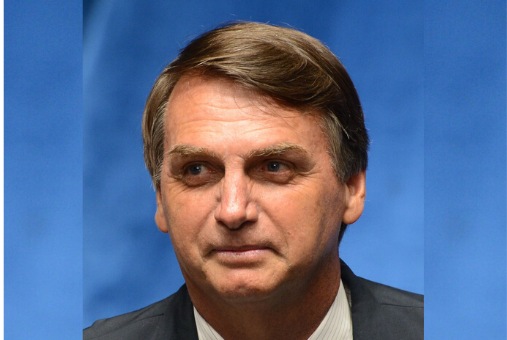
Brazilian President Jair Bolsonaro is being criticized after he posted false information about a journalist from newspaper O Estado de S. Paulo to his Twitter account.
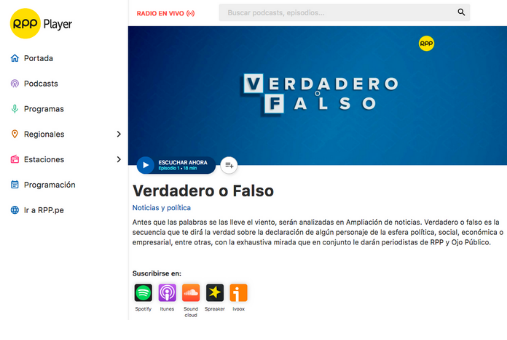
One of Peru’s digital investigative journalism sites and its largest radio broadcasting company have teamed up to verify public discourse and share their findings across the country.
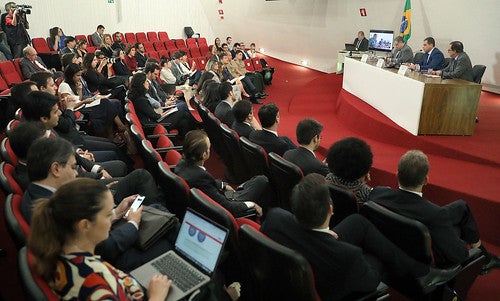
Seven Brazilian verification initiatives presented a letter with suggestions of concrete measures that the Superior Electoral Court (TSE, for its initials in Portuguese) can take to help them fight general disinformation related to the country's elections, whose second round happens on Oct. 28.

The year 2018 has posed several challenges for fact-checking initiatives in Brazil. In addition to general elections permeated by intense political polarization and the new weight of social networks in the dissemination of rumors, fact-checking professionals are also faced with the distrust of the public, still in doubt about the role of fact-checking in the Brazilian media environment.
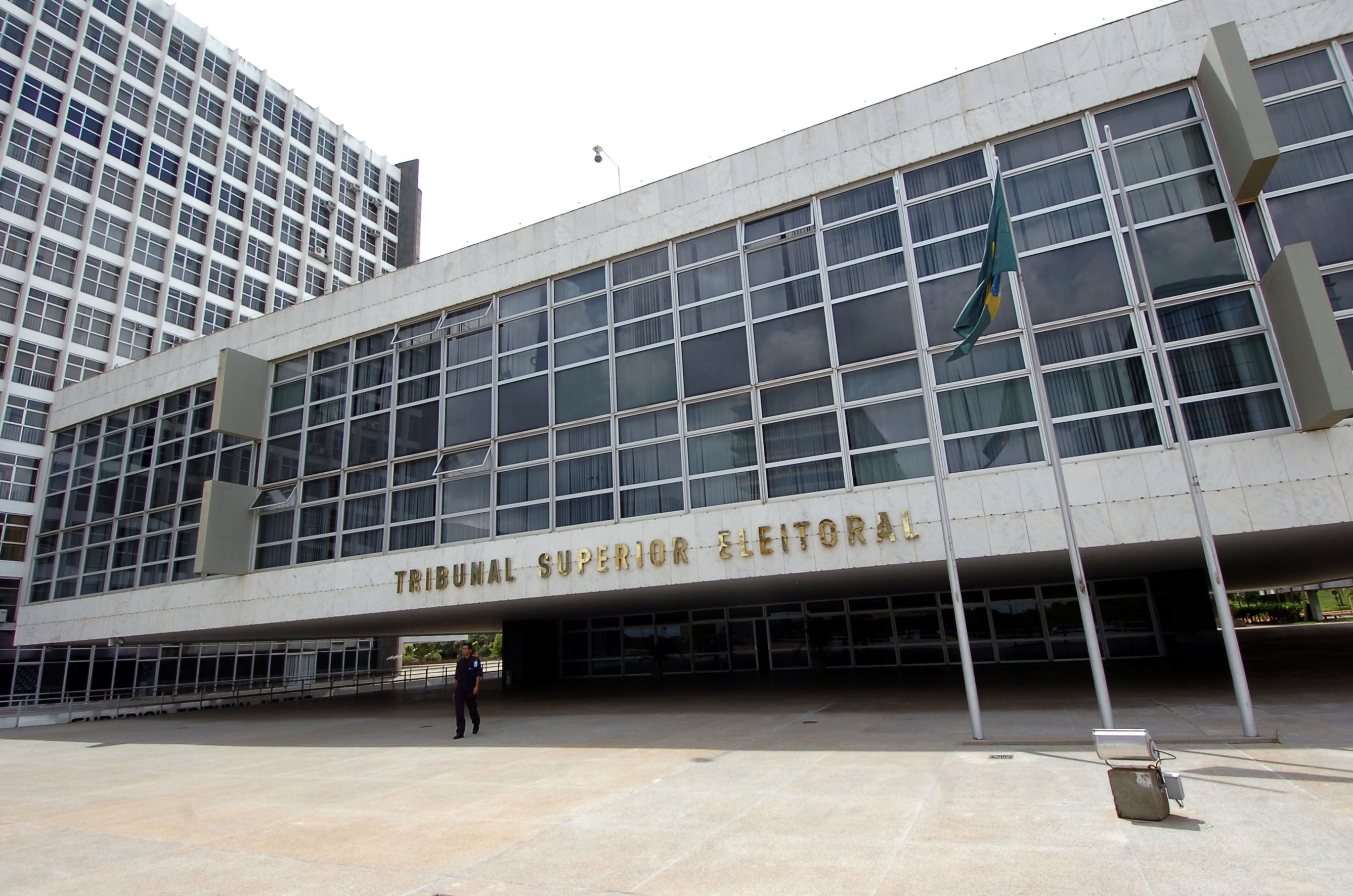
In 2018 several Latin American countries will see presidential elections, and with them, the risk of widespread misinformation caused by fraudulent news. In Brazil, concern about the problem has moved public authorities, and within four months of the election, the Superior Electoral Court has made its first decision regarding the fight against fraudulent news in the electoral context.
Brazilian voters will have a robot helper to fight disinformation in this year's general elections. Her name is Fátima, a conversational bot that is being developed by the team at fact-checking site Aos Fatos in partnership with Facebook. Fátima’s launch is scheduled for June, in time for the October elections.
The fight against fake news will likely be a priority for several Brazilian governmental entities as the country faces national elections in the coming year. The National Congress, the Superior Electoral Court, Army and Federal Police have already stressed the importance of reducing fake news commonly disseminated on social networks in order to prevent negative influence on the contests for the president, governors, congressmen and senators.
The FARC will receive government aid of 1.8 million Colombian pesos for five years. The combatants will not spend a day in jail. Timochenko, the top leader of the armed group, could become the president of Colombia.
While April 1 is April Fools’ Day in many countries around the world, the following day will be dedicated to finding the truth. The International Fact-Checking Network from The Poynter Institute has declared April 2 as International Fact-Checking Day in order to highlight the importance of fact-checking among readers.
A group of Brazilian journalists, researchers and media have joined to create a kind of stamp of credibility for journalism. The project, a partnership between the Institute for the Development of Journalism (Projor) and Paulista State University (Unesp), sponsored by Google Brazil, wants to develop protocols and tools to identify and certify reliable content on the internet. The aim is to differentiate quality journalism from noise online, in the face of a global wave of fake news.